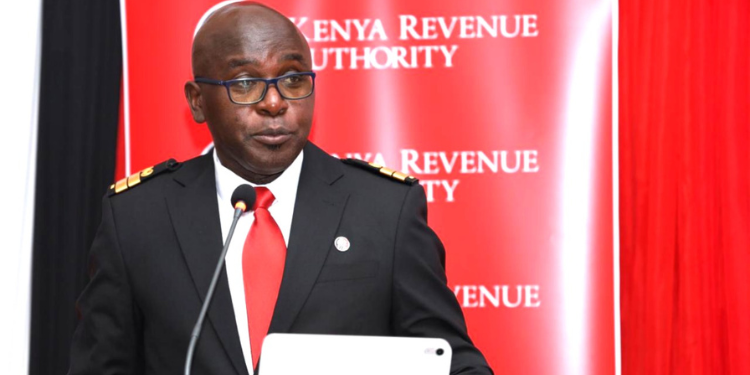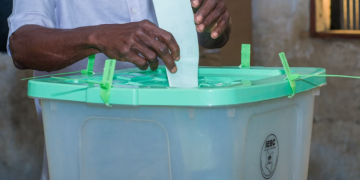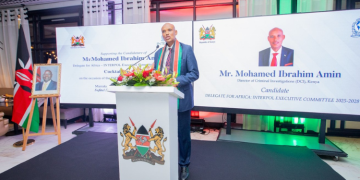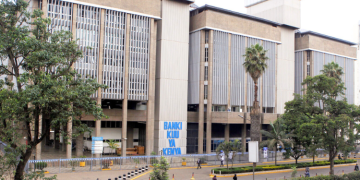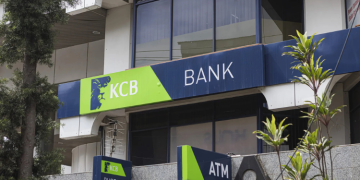The Kenya Revenue Authority (KRA) has announced a transformative shift in how taxpayers access Personal Identification Number (PIN) services.
Through a new initiative dubbed “Stationless PIN Service Delivery”, KRA aims to separate taxpayer services from physical registration stations, allowing individuals and businesses to receive assistance from any Taxpayer Service Office (TSO) nationwide.
Stationless PIN Service Delivery
Through a press release dated October 9, KRA Board Chairman Ndiritu Muriithi emphasized the need to adapt to evolving taxpayer expectations by eliminating location-based service restrictions, reducing delays, and enhancing efficiency.
“There is a growing demand for convenience, flexibility, and reduced bureaucracy. KRA is retooling how taxpayers access support to meet these demands and improve satisfaction.”
Taxpayers will no longer be bound to the office where they initially registered, enabling seamless support across the country.
The stationless model will offer end-to-end support at the first point of contact, eliminating the need for referrals to other offices.
This approach is expected to streamline service delivery and foster a more responsive and fast tax administration.
The initiative is part of KRA’s broader digital transformation agenda, which seeks to modernize operations and promote voluntary compliance.
Digital Transformation by KRA
On his part, Commissioner General Humphrey Wattanga noted that the reform aligns with the Authority’s 9th Corporate Plan, which prioritizes customer-centric service delivery.
“Our goal is to make registration, filing, and payment processes frictionless. Taxpayers should be able to focus on growing their businesses and living their lives, while we focus on service excellence.”
By simplifying tax registration and reducing administrative bottlenecks, KRA hopes to encourage more Kenyans to comply voluntarily.
Wattanga also reiterated the national importance of tax compliance in building a self-sustaining economy.
By making tax services more accessible and user-friendly, KRA is positioning itself as a facilitator of economic growth rather than a bureaucratic hurdle.
The stationless PIN service is expected to particularly benefit small and medium-sized enterprises (SMEs), which often face challenges navigating complex registration processes.
Milestone in Public Service
The stationless service model represents a significant milestone in public service innovation.
It reflects a shift from rigid, location-based systems to flexible, user-oriented solutions, in line with Kenya’s Vision 2030 plan.
This reform is not only about technology but also about rethinking how public institutions interact with citizens.
KRA’s approach follows global trends in digital governance, where accessibility and responsiveness are key metrics of success.
By decentralizing service delivery, the Authority is setting a precedent for other government agencies seeking to modernize their operations.
The initiative is expected to reduce queues, cut down on paperwork, and improve overall satisfaction.
Also Read: Motorists Call Out World Bank Over New Tax Demands on Kenya
While implementation details are still unfolding, KRA’s leadership has signaled a strong intent to make tax services more inclusive, efficient, and aligned with the realities of modern Kenya.
KRA’s History With Digital Reforms
The Kenya Revenue Authority’s digital transformation has yielded measurable results in both revenue collection and taxpayer engagement.
In the financial year 2024/2025, KRA recorded a 6.8% growth in revenue, collecting Ksh2.571 trillion, surpassing its target of Kshs2.555 trillion.
This performance was a 100.6% achievement rate, up from Ksh2.407 trillion collected in the previous year despite economic headwinds such as currency depreciation and global supply chain disruptions.
KRA’s digital-first strategy, anchored in its 9th Corporate Plan, has been central to this success.
The rollout of platforms like GavaConnect and eTIMS (electronic Tax Invoice Management System) has simplified tax processes, enabling real-time PIN verification, e-slip generation, and VAT tracking.
Also Read: KRA Smashes Customs Tax Record with Ksh 85 Billion Collections in September
These tools have empowered over 1,000 developers to build tax solutions, enhancing accessibility and compliance.
From Ksh122 billion in the mid-1990s, KRA’s collections have surged past Ksh 2.5 trillion in FY 2024/25, marking a more than 20-fold increase over three decades.
Follow our WhatsApp Channel and X Account for real-time news updates.
